The interview technically started when you entered their property (or answered the phone). That might have been when you walked in the door, but we know a large manufacturer who monitors how candidates enter their parking lot, their speed, whether they throw gum out the window, how they park, etc.
Panel interviews are common today and hopefully, the recruiter told you what to expect in terms of format and who you would be meeting with for this phase of the process.
Interviews will likely begin with the panelists introducing themselves and their role. Take notes. Then, they will ask you to tell them about yourself, and they might ask you to do that by walking them through your resume. Start with your name and preferred name if you have a nickname, and what you do currently for a living or what most of your professional experiences have been in, then go through a brief overview of your professional history and education. You can throw in a personal element or two, but avoid marital status, church affiliations unless you are interviewing with a religious organization, politics, and other divisive topics. You might say something like this:
“Good afternoon, thank you for having me here today. My name is Nicholas, but I prefer Nick. I have spent the past fifteen years in project management and thank you for the opportunity to walk you through my background briefly. After graduating from the University of Kentucky, I started my career in accounting in the food services industry. I found my niche in project management after we selected and implemented a new ERP system. That experience helped me move into the pharmaceutical industry where you can see I worked until 2015. I have been with XXXX company since that time, and I am interested in expanding my horizons now to join your organization. When I am not working, I can usually be found coaching basketball, traveling, or reading. Are there any specific experiences you’d like me to describe in more detail?”
This answers their question while telling them what is important to you. It is not a recitation of your resume. Think of an interview as a ping pong game. Be strategic when the ball is on your side of the court but lob it back as swiftly as you can to keep them talking. Try to answer a question by turning it back to them. This works best for free-flowing interviews or one-on-one situations. Some interviews run over on time and do not allow the candidate time in the end for his/her questions. This approach allows you to gain information along the way. Note, this will not work with highly scripted, behavioral-based interviews where the team has pre-set questions in front of them and are supposed to get through each one. However, there is a more important reason to get your interviewers talking. Most people like to talk about themselves and demonstrate how much they know about their company. If you can get them talking, they will remember what THEY said, and of course, they will think it is brilliant and attribute that brilliance to you.
Throughout the discussion, lean in, make eye contact, and smile periodically Look at each person on the panel equally as you never quite know the internal politics and hierarchy. Vary your smile at times to appear a bit more serious when you are listening intently. Nod lightly at times and occasionally glance down to break your eye contact. Do not look at the clock and never look at your phone.
There are four primary types of interview questions, and we will go through sample questions for each of the first three: Introductory, Situational and Behavioral, Job Specific, and Awkward/Bad/Inappropriate. Read the following article for this final type, it deserves its own segment.
If someone asks you an unexpectedly interesting or insightful question, let them know. Try to avoid “that’s a good question,” because of course, the interviewer thinks their question is brilliant. Instead, you might say, “Wow, no one has ever asked me that before” or “what a thoughtful question.” Use this sparingly and with sincerity to let the interviewers know when you appreciate a good interview.
Introductory Questions
We talked about the great “tell me about yourself” way to start an interview. Other common questions come up throughout the interview; sometimes this category bookends the situational and job-specific questions. Here are a few to prepare for in advance. There is not a right or wrong answer to these; the test is being able to answer them.
· What was the last book you read?
· What do you do when you are not working?
· How do you build your professional network?
· How did you hear about us, or why do you want to work here?
· What about this position interests you?
· How did you get into your current field?
· Have you taken DiSC or any similar assessment, and if so, do you remember your results?
Situational Interview/Behavioral Interview Questions
The next category is situational or behavioral questions, which are scenario-based questions asking you how you would handle a hypothetical situation or asking for a past example. These questions are best answered in the STAR Format-Situation, Task, Action, and Result. Do not stress about this-just think of it as storytelling with an introduction, middle, and conclusion. The biggest pitfalls of this question style are going off on a tangent in the intro (dragging it out too long), forgetting the actual question (you laugh now, but add nerves to the situation, and it happens pretty easily), and forgetting to tell how it ends. Try to choose examples or stories that have good endings or at least where you can capture lessons learned. Too many times, candidates tell captivating stories that end with a bad result that negates the great storytelling. If you have limited prep time, focus on practicing situational questions with the STAR format and timing yourself to make sure you do not take longer than 3 minutes to answer one question.
Sample Question: What would you do if a member of management asked you to do something unethical?
What They Want to Hear: Your values, but also your thought process and emotional maturity.
Sample Answer: If I were asked to do something unethical, I would confirm the request and then explain why I do not think it is the best path forward. If he/she were insistent, I would have to report the behavior following our reporting procedures.
How to Lob it Back: Do you have defined reporting procedures for conflicts of interest, harassment, and unethical behavior?
Sample Question: Tell us about a time when you had to tell a customer no.
What They Want to Hear: Customer Service, looking for win-win solutions; adhere to policy vs. flexibility.
Sample Answer: At the bank, I had a customer who was a co-signer on her daughter’s account. The daughter was over 18, and the mother wanted to close the account. I explained that our processes required the adult account owner to be present. The mother was frustrated, but I arranged a time to meet with them both in person on a Saturday to close the account. The result was that they both remained bank customers and thanked me for my efforts.
How to Lob it Back: I know from my research that customer service is one of your values. How do you provide ongoing reinforcement for employees?
Sample Question: Describe a situation when you did not get along with someone at work.
What They Want to Hear: Conflict resolution: testing to see if you will talk negatively about someone and/or take responsibility for your own behavior.
Sample Answer: Thank you for that question as I think we all have found that we naturally have more in common with some people and less with others. Early in my career, a co-worker and I had vastly different approaches. She did her best work at the last minute, and I preferred to work ahead on projects. I spent time explaining my style and working to understand her better. We remained colleagues for four years. (Avoid making unrealistic statements like “I’ve never had a conflict with someone” or “I like everyone”).
How to Lob it Back: Do you find that there is enough variety of work to accommodate style differences and shift teams around to find optimal combinations?
Job Specific Questions
This should be your sweet spot-or where you realize this is not the right job, and both are better discovered in the interview process. Questions here are still assessing what you know and what it is like to work with you. The questions themselves, however, should be more tangible and allow you to sell your technical knowledge, education, and achievements. It is still great to use the STAR format whenever possible. Lobbing the question back might be even easier with these types of questions but ensure you do not overdo it. Keep going if they are engaged; lay off if they seem annoyed or it is just not natural at certain points.
Sample Question: Tell me about your last opportunity to use PowerPoint.
What They Want to Hear: Current skill level and complexity of projects.
Sample Answer: I was given a stretch assignment recently to incorporate live audience polling PowerPoint. I sought self-directed learning on the tool integration and partnered with IT to ensure I had the necessary PowerPoint drivers. We tested the polling in a team meeting. The result was a very engaging presentation and positive audience feedback.
How to Lob it Back: I would describe my proficiency level as intermediate but would be open to advanced training. Would that be valuable to the organization?
Sample Question: What is your opinion of on-premises versus hosted servers?
What They Want to Hear:Your knowledge, but more importantly your ability to craft a solution specific to their organization.
Sample Answer: Until recently, I was only familiar with on-premises storage, and thus that was my comfort level I was allowed to lead a feasibility study for managed services and was impressed by the cost/benefit analysis and enhanced security features. For our organization, we decided that a hybrid approach would be best.
How to Lob it Back: Would you envision a similar feasibility study soon here, or have you already conducted that analysis?
Sample Question: If you have someone at your desk, the phone ringing, mail to be opened, voice mail messages, and email, how would you go about prioritizing?
What They Want to Hear: Critical thinking, customer service, prioritization, and your ability to keep all of that straight in the question. Take notes as they are listing them out.
Sample Answer: The person who has taken the time to meet with me in person would be my highest priority, even if solving their issue cannot be done at that moment. I would then listen to my voice mail messages, answer incoming calls, and skim my unread messages to ensure that anything time-sensitive is prioritized first. Opening mail would be last as it is presumably less urgent. I would address all urgent matters, and then create a to-do list in order of urgency/deadline.
How to Lob it Back: Would you agree that customer service must be prioritized higher than other regular tasks?
Sample Question: How do you stay current on emerging topics in your field?
What They Want to Hear: Your industry engagement and commitment to lifelong learning.
Sample Answer: I subscribe to several journals, magazines, and email newsletters to follow emerging trends, legislation, and best practices. For example, I am specifically following XXX right now I also read management and leadership books and just finished TITLE. My biggest takeaway was X.
How to Lob it Back: As I mentioned, I am actively following X bill moving through Congress. How do you anticipate it impacting your business?

